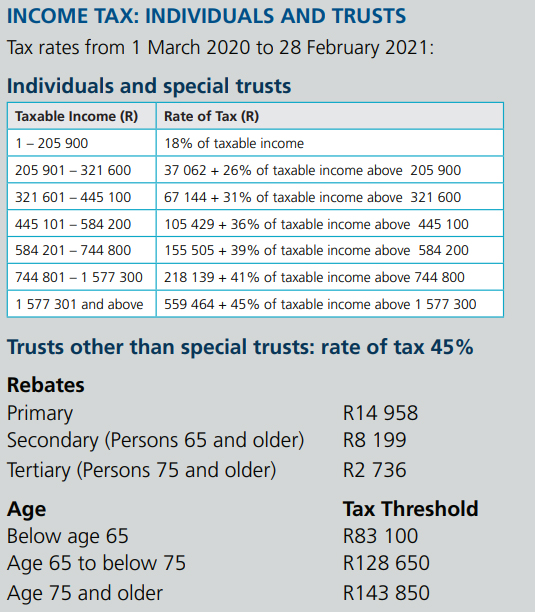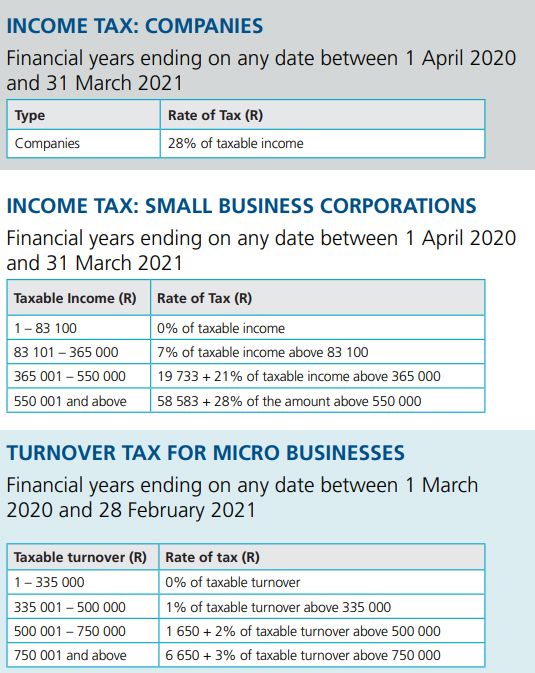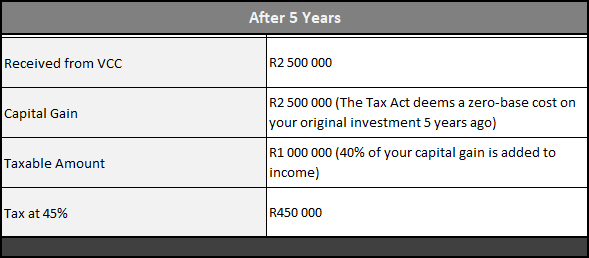Do You Need Business Interruption Insurance?

Catastrophes like floods and fires do occur and there is insurance to cater for these types of events. There are two different types of insurance cover for these events – one to repair or replace the assets damaged (your normal insurance policy) and one to compensate you for the losses incurred during the time it takes to get the business going again. This latter one is known as ‘Business Interruption’ or ‘Loss of Profits’ insurance.
Statistics show that nearly three out of four businesses never recover from a catastrophic event and it is therefore important to ensure that your Business Interruption insurance has been carefully thought through.
What to insure for
You need to have a good grasp of your costs and expected sales and gross profit. You don’t want to underinsure so if your business is growing reflect that fact – for example if you expect 10% growth (and trends in your business justify this) show this to insurers or you won’t get paid out this additional amount.
It is important to make sure that all your projections are well grounded and can be defended as they will be closely scrutinised by loss adjustors in the event of a claim. Thus, the better you understand your costs, the less chance of having a claim either rejected or adjusted downwards.
Another critical factor is the indemnity period. This is the time you will be covered for whilst out of business. For example, if you put a six-month indemnity period in your policy, you will only get paid out for six months even if it takes twelve months to get the business back on its feet again.
Let’s look at an example…
Bernie has a cosmetics factory and his year end is 31 December.
| Bernie’s Cosmetics Factory | ||||
| Budget for Year | R | |||
| Sales | 120,000 | |||
| Cost of Sales | (45,000) | |||
| Purchases | (10,000) | ** | ||
| Wages | (35,000) | |||
| = GROSS PROFIT | 75,000 | |||
| COSTS | (46,000) | |||
| Salaries | (20,000) | |||
| Distribution | (6,000) | ** | ||
| Maintenance | (5,000) | ** | ||
| Rent | (15,000) | |||
| = PROFIT | 29,000 | |||
On January 2, the factory burns down. It will take 12 months to get the factory up and running again.
| Business Interruption Claim | R | |||
| ADJUSTED GROSS PROFIT | 65,000 | |||
| Gross Profit | 75,000 | |||
| Less Purchases | (10,000) | |||
| COSTS INCURRED | 40,000 | |||
| Salaries | 20,000 | |||
| Rent | 15,000 | |||
| Preparation Cost | 5,000 | *** | ||
| = CLAIM | 105,000 | * | ||
| *Adjusted gross profit plus your incurred costs. | ||||
| **Variable costs which will not be incurred in the 12-month period of re-establishing the factory. | ||||
| ***Putting together claims is a time-consuming task, so include it in your policy. | ||||
| NB! Include VAT in the assured amount as insurance pay outs include VAT. | ||||
You can see from this simple example that this is a very complex process – spend time with your accountant getting to grips with your revenues and costs. Also use a reliable insurance broker.
Remember that 43% of businesses that suffer a catastrophe never trade again and a further 29% go out of business within two years.













